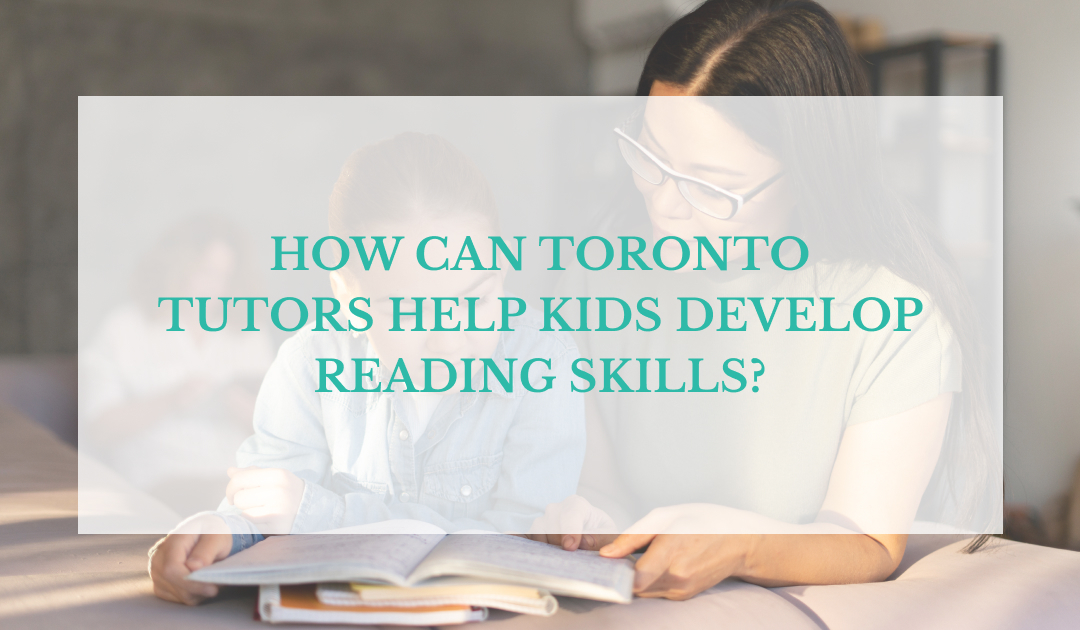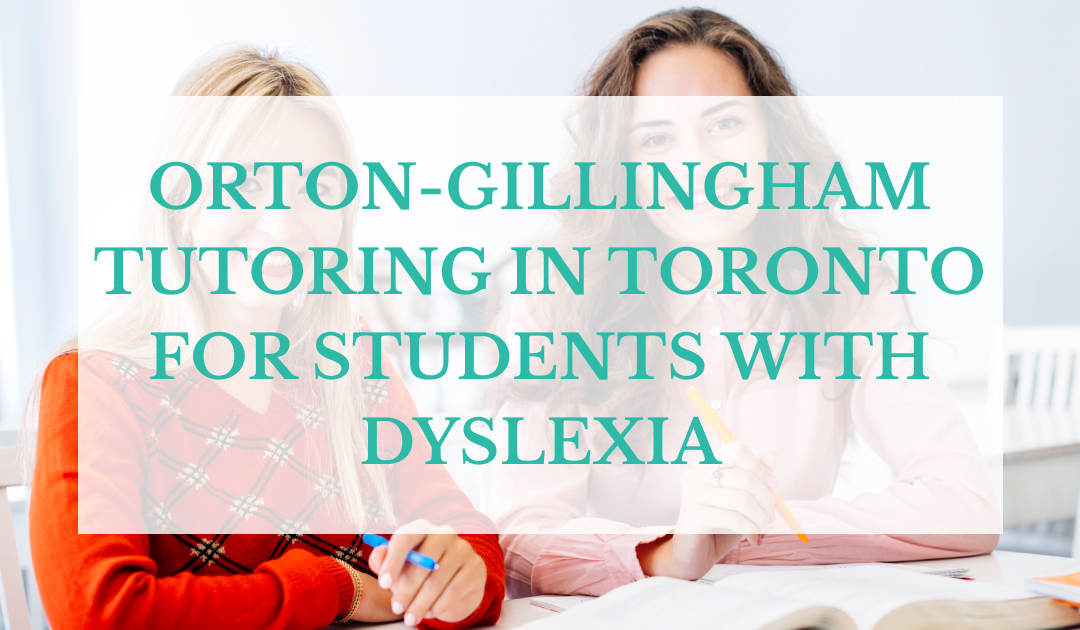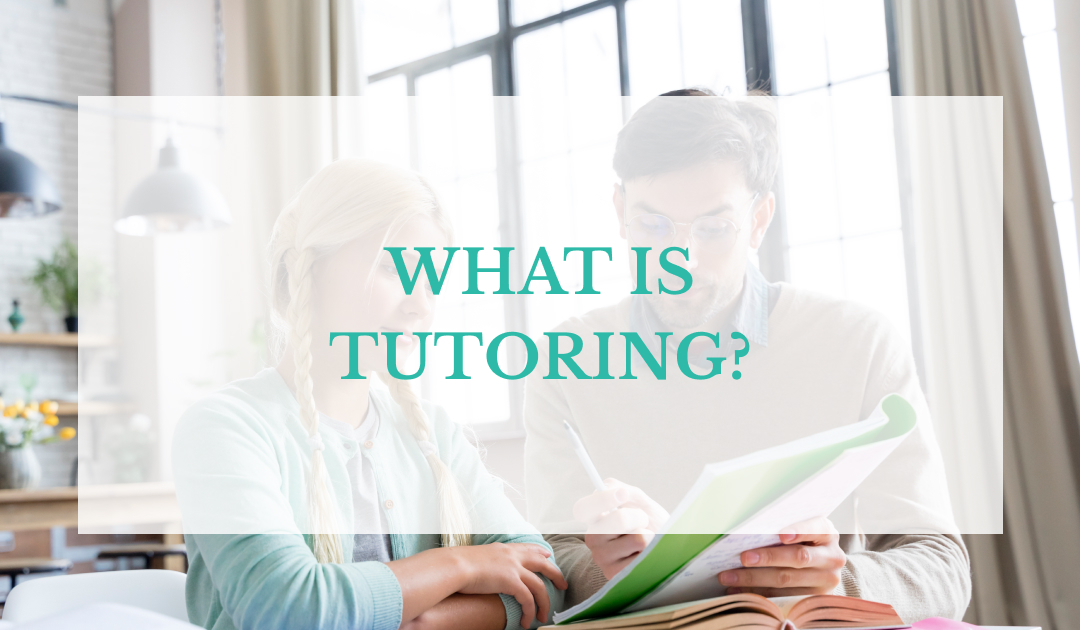Learning to read can be challenging and frustrating for children with dyslexia. However, challenging doesn’t mean that it is impossible to overcome dyslexia. There are various ways to overcome the challenges related to learning disability. One of the most used methods is the ‘Orton Gillingham Approach’. Today’s blog will explain key points that will help dyslexic students improve their reading skills.
Dyslexia Tutoring in Toronto for Improving Reading Skills
Without being able to read words accurately, students can’t achieve the fluency they need to become excellent readers. As a result, dyslexic students may start experiencing negative feelings about learning. That’s why Toronto Tutors focus on improving the reading skills of students with dyslexia to boost their confidence.
The Orton Gillingham approach is language-based, structured, sequential, cumulative, multisensory, and cognitive. This approach includes five big ideas that include phonemic awareness, vocabulary, fluency with text, alphabetic principle, and comprehension reading. Some students may struggle with spelling, reading, and writing. This is where Orton Gillingham Tutors can support them in improving their reading and writing skills.
Structured, Sequential, and Cumulative
Usually, tutors introduce the different elements of language systematically. Students start by writing and reading sounds in isolation. After that, they merge the sounds into syllables and words. They learn the different elements of language, such as consonants, digraphs, and vowels. Once they know the basics, they will proceed further to advanced structural elements such as syllable types and affixes. During tutoring in Toronto sessions, it will become easy to identify sentence structure, vocabulary, composition, and reading comprehension in a structured, sequential, and cumulative manner.
Multisensory
Tutors who use Orton Gillingham’s approach, usually work with visual, auditory, and kinesthetic elements to support dyslexic students learn spelling along with reading. Multisensory Structured Language Education (MSLE) is a method that can overcome various learning challenges that your child faces. In Toronto tutoring sessions, students will learn how to form and understand the relationship between words, letters, and sounds. The principles of MSLE can be effective when it comes to dyslexia tutoring.
Tutors always try to understand how each student learns to make new strategies to support students improve their reading and writing skills. With proper guidance, students will experience a high degree of success and gain confidence. Learning will become a happy experience for students with dyslexia.
When to Look for a Dyslexia Toronto Tutor?
By second or third grade, it becomes clear whether a child needs additional support in reading. You may observe that your child is gradually falling behind his or her classmates, with reading skills lagging behind in comparison to other skill areas. It is important not to wait and see if your child’s reading improves. The earlier you take action, the more beneficial it will be for your child. Sometimes, dyslexia is not diagnosed until a student is further along in school. However, private or online tutors can still be helpful, regardless of the student’s age. It is important to note that the needs of older students may differ from those of younger children, so it’s best to find a tutor who has experience working with older and younger students.
If you observe that your child is facing difficulties in reading, writing, and spelling, then try receiving support from the best tutor. You can reach out to tutors at Class In Session where we support dyslexic students improve their reading, spelling, and writing skills.




